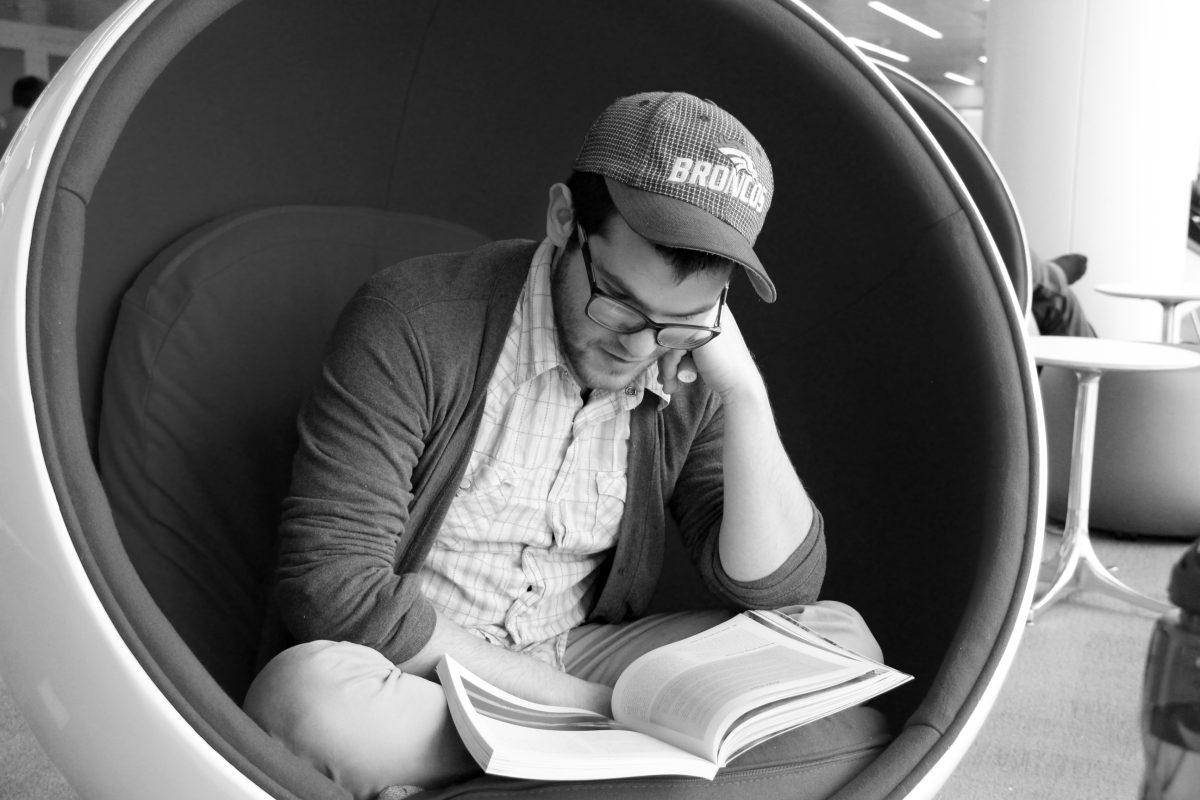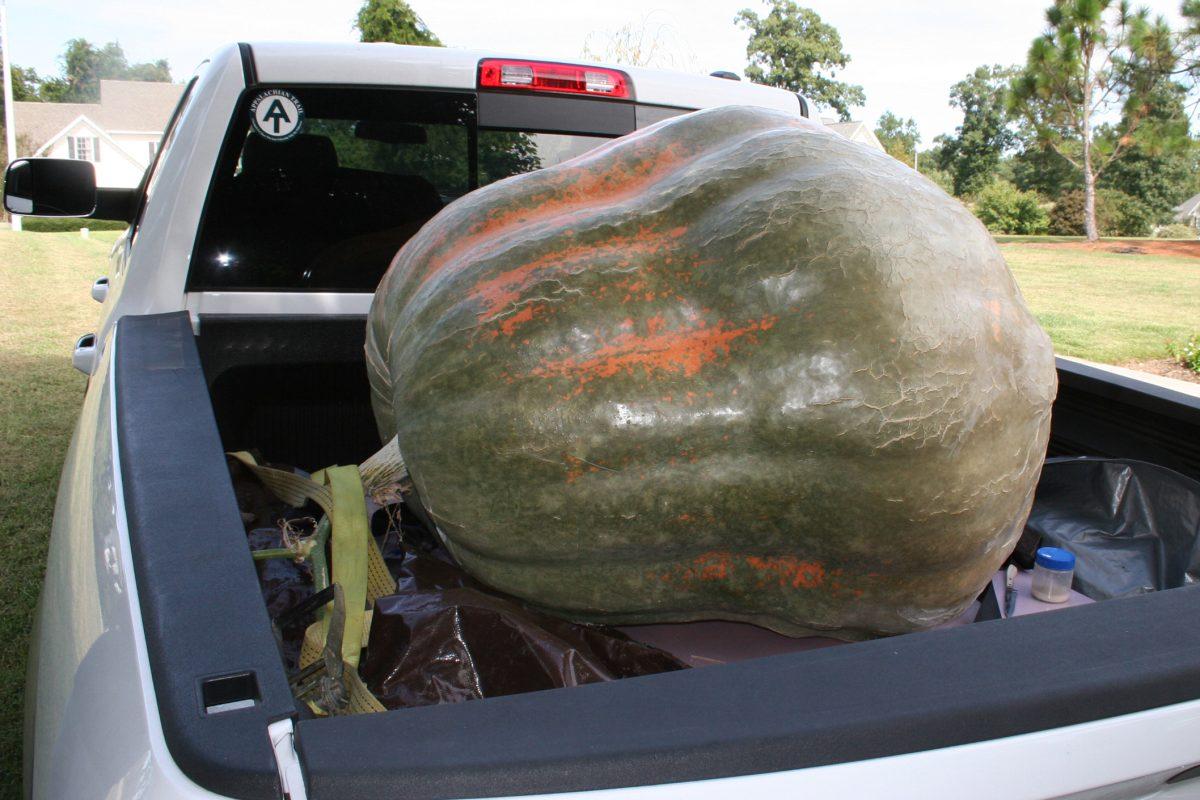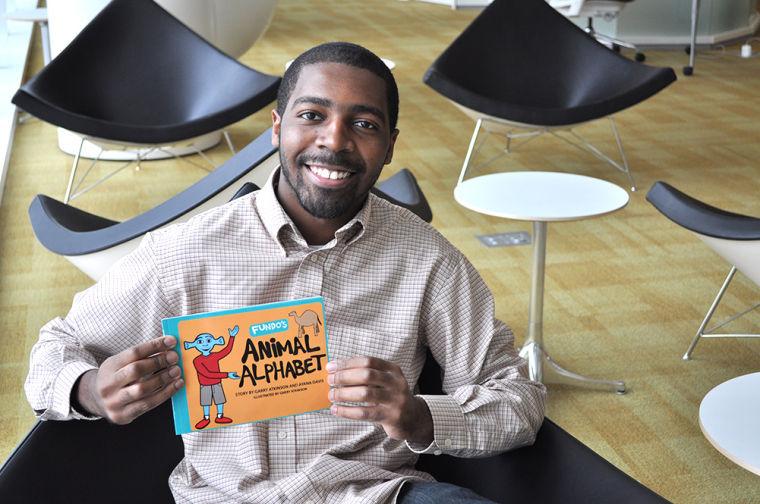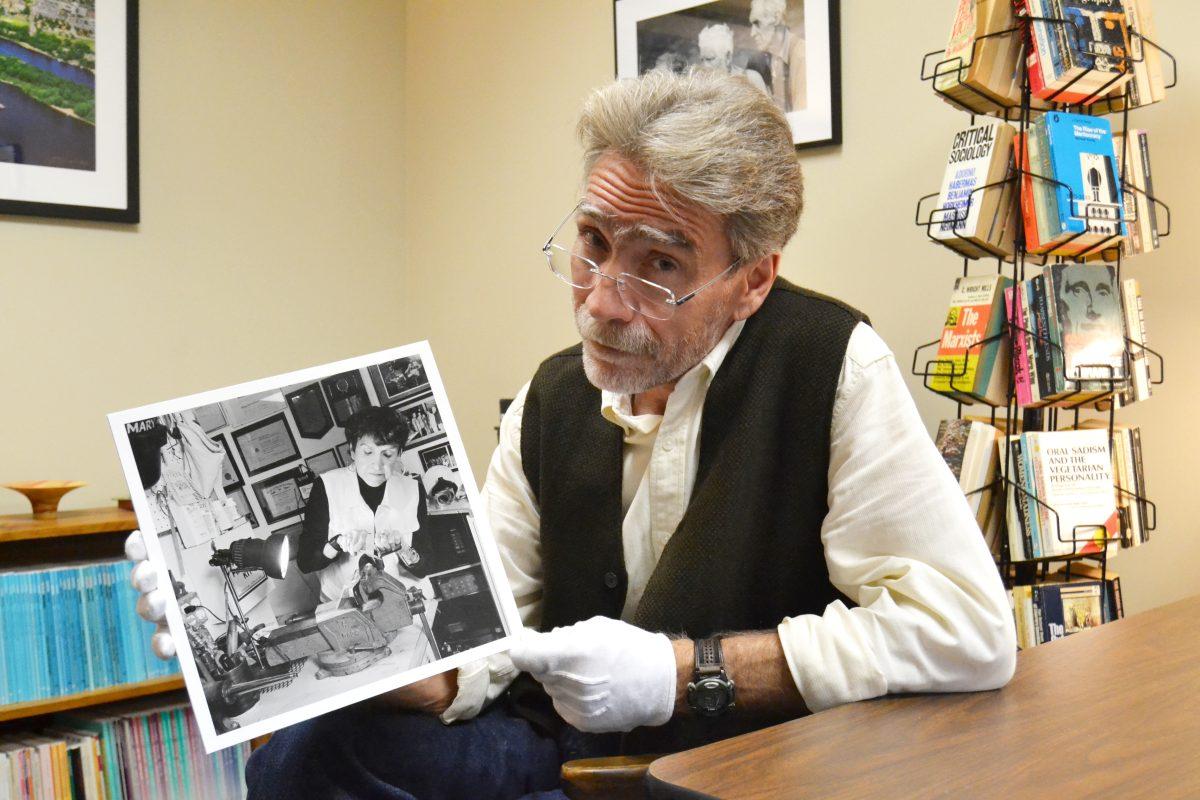When it comes to procrastination, the path most travelled by is more commonly that of television, video games and naps. But while students busy themselves avoiding reading their textbooks, one avenue for procrastination goes ironically overlooked—reading.
Pleasure reading in lieu of studying may have both good and bad effects on mental and physical health, according to Bart Craig, an N.C. State professor of psychology.
“I think it’s healthy for anyone to make time for any leisure activity, rather than just working all the time,” Craig said. “Reading is certainly as good a leisure activity as any other and may offer the additional benefit of helping the student hone his or her language skills.”
Particularly when compared to the continually increasing amount of time college students devote to social networking sites and to other forms of technology, reading for fun can be a great way to engage in a more productive form of leisurely activity than its alternatives.
When looking at the psychological impact of leisure reading in terms of procrastination, Craig said several factors tend to come into play.
“Without assuming that reading is different from any other kind of leisure activity, some personality variables that may be relevant are: conscientiousness, delay of gratification, impulsivity, impulse control and sensation seeking,” Craig said.
Depending on how a person relates to these traits and how the traits relate to one another, that person will be more inclined to read for pleasure instead of reading for school.
Kelsey Beamer, a sophomore in social work, said she always lays aside time for leisure reading.
“I have always had a passion for reading, and I continue to read for fun outside of my classroom material,” Beamer said. “However, because I am a CHASS major I have enormous amounts of reading and writing to do for my classes. I feel that sometimes my desire to read what I want to read conflicts with what I’m required to read.”
With the demands college students face in terms of heavy course loads, setting aside time for leisurely reading can be difficult.
“I really think [being too busy to read] is unfortunate,” Beamer said. “Sometimes, if I’m really into a book, I can’t seem to put it down and this often interferes with my studying, reading other assigned reading and sleeping. I think, unfortunately, the only solution to this is time management. You honestly just have to be able to tell yourself when to put down the book and focus on what has to be done.”
Stephen Wise, a senior in biochemistry, faces the same problem.
“I’ve honestly really had to cut back on my leisure reading because of the workload associated with my major,” Wise said. “In addition, my non-class reading further sub-divides into two groups: project-related and pure leisure.”
Wise also said organizational skills contribute greatly to how and when he is able read.
“When it comes to reading for pleasure, I’m not nearly as structured,” Wise said. “I generally hold off on reading until the weekend because it’s easier for me to become completely lost in the story I’m reading. I can lose track of time to the point of forgetting to eat or sleep, with a recent record of 26 hours straight in a reading binge, with no breaks for food or sleep, and I can be aggressive when people interrupt me.”
Even creative writing majors such as sophomore Adam Barnhardt find it difficult to set aside time for this activity.
“I have a lot of trouble reading for pleasure during the school year,” Barnhardt said. “Naturally, as a creative writing major this irritates me. I’m not able to immerse myself in the market in which I plan to publish… Maybe once or twice a semester, I’ll get to a point with my work where I’m able to pick up one of my books. Otherwise, I’ll feel guilty if I read for pleasure instead of for school. I always have something to read for school. I take full advantage of winter and summer breaks to read for pleasure.”





